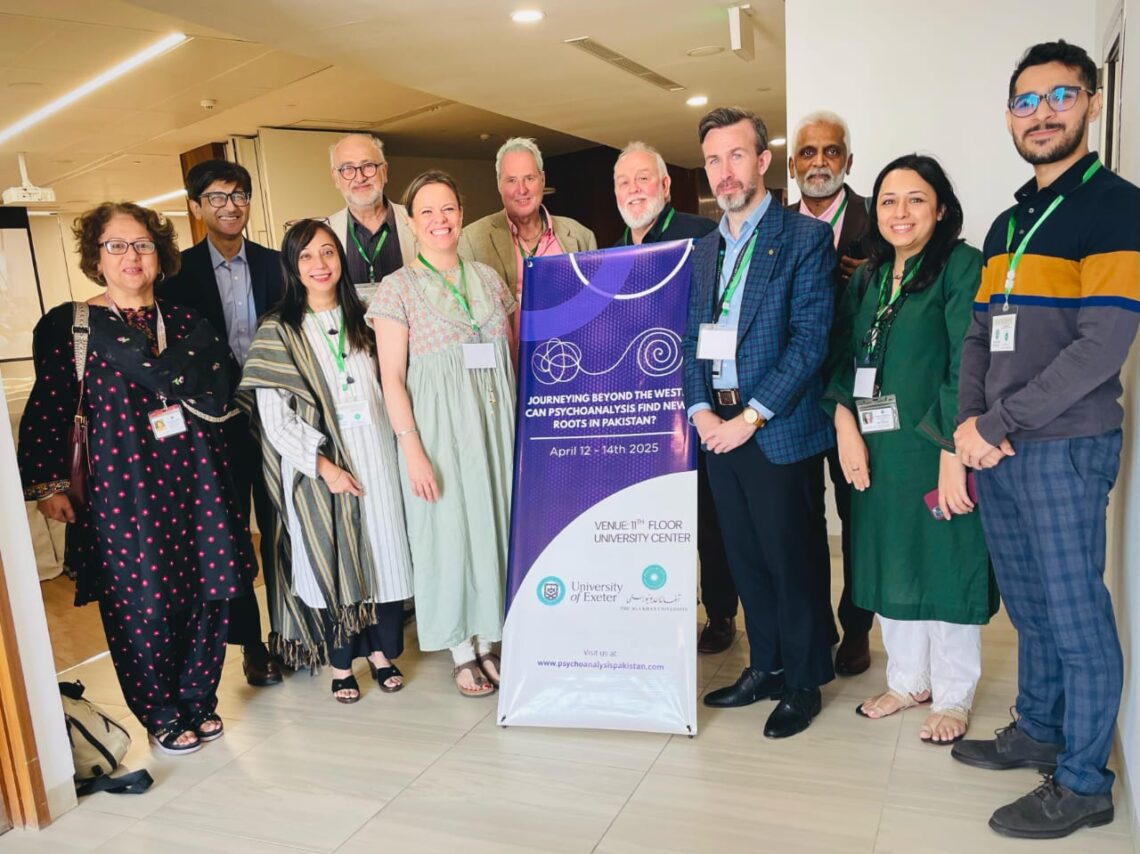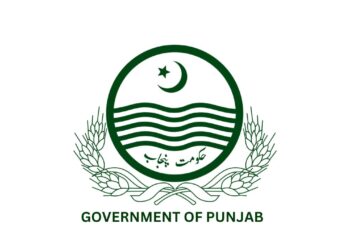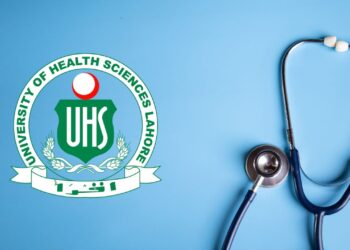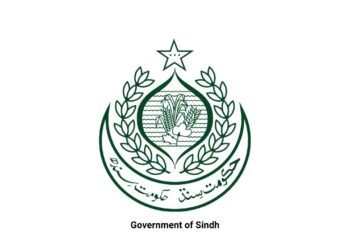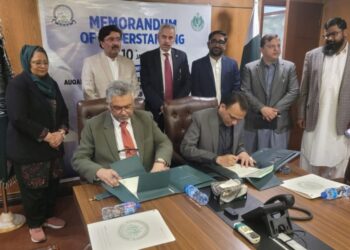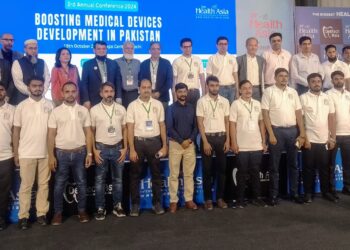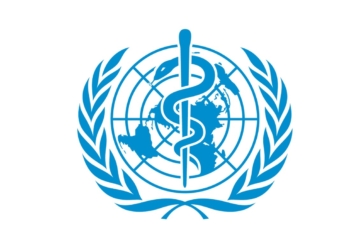KARACHI: In an ambitious effort to cultivate psychoanalytic thinking in Pakistan, the Aga
Khan University’s Faculty of Arts and Sciences (FAS) has partnered with the Department of Psychology at the University of Exeter to host an international conference titled “Journeying Beyond the West: Can Psychoanalysis Find New Roots in Pakistan?” at AKU’s Stadium Road campus in Karachi.
Psychoanalysis is a type of therapy that not only gives relief from mental health issues but also helps people know more about themselves and make better choices in life. While Pakistan has no formal history of psychoanalysis, practitioners and theorists with a keen interest in psychoanalysis exist across the country. The three-day conference serves to unite them along with other clinicians, scholars, and artists to create an inclusive space for further inquiry and practice of psychoanalysis.
“Psychoanalysis is often assumed to belong solely to the West, but its emphasis on speech, subjectivity, and the unconscious knows no borders,” said Dr Duane Rousselle, Associate Dean of Research and Associate Professor at FAS and lead organizer of the conference. “Psychoanalysis is an urban city phenomenon, and Karachi is an urban mega city.”
Speakers included distinguished local thinkers and practitioners, as well as members of the British
Psychoanalytic Association and the New Lacanian School. Their aim was to identify and Understand the traces of a psychoanalytic presence in Pakistan. Discussions also centered on clinical and theoretical ideas relevant to Pakistan and its diaspora and the potential for establishing psychoanalytic training programs, inviting participants to contribute to shaping the future of this field in the country.
“The event responds to a growing but unmet demand for serious intellectual forums on psychoanalysis in Pakistan, particularly in urban centres like Karachi,” said Dr Stephen Lyon, Dean of the Faculty of Arts and Sciences. “It also reflects FAS’s commitment to making space for new conversations within the liberal arts in Pakistan. We’re proud to be part of this pioneering effort.”
